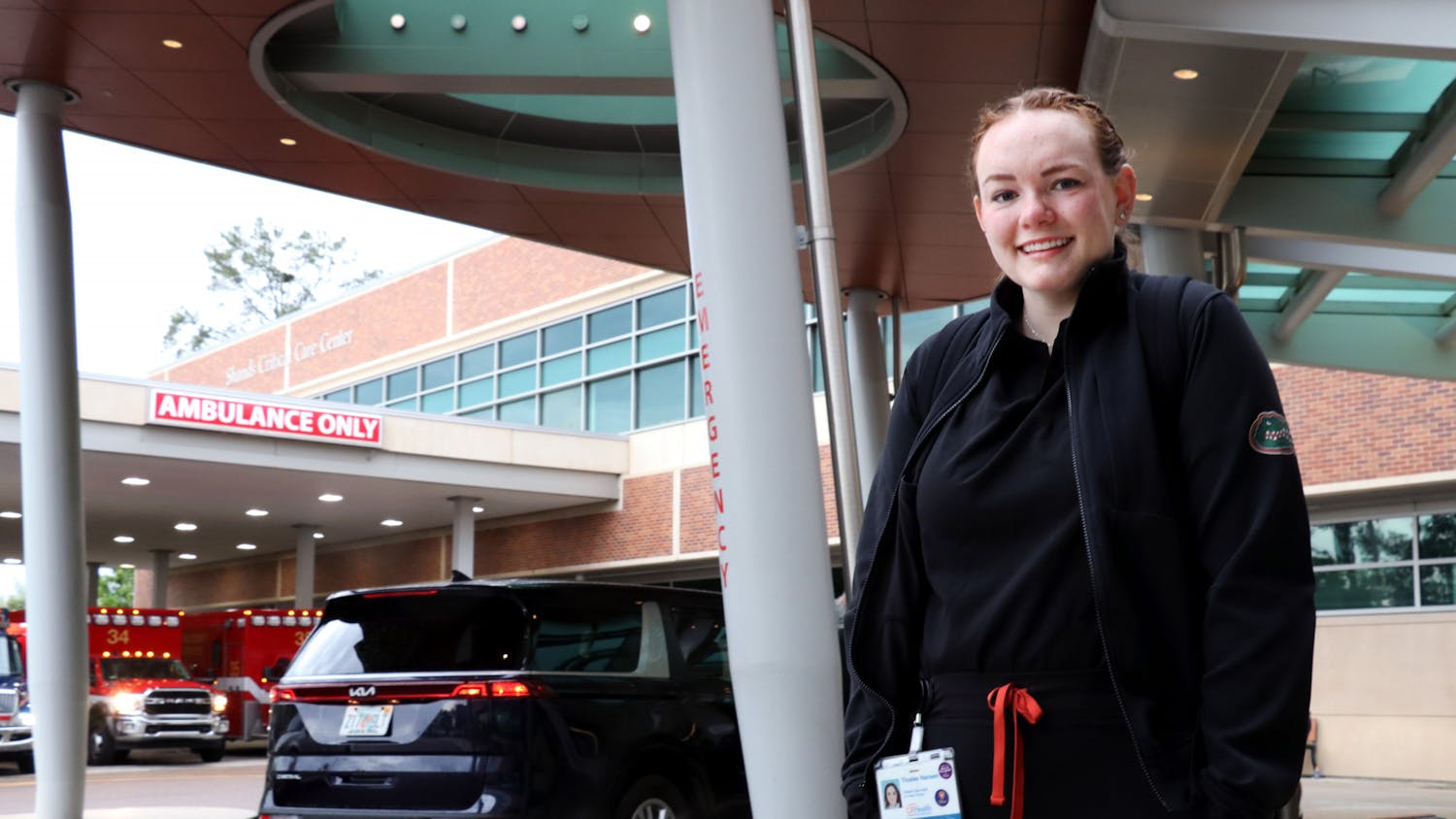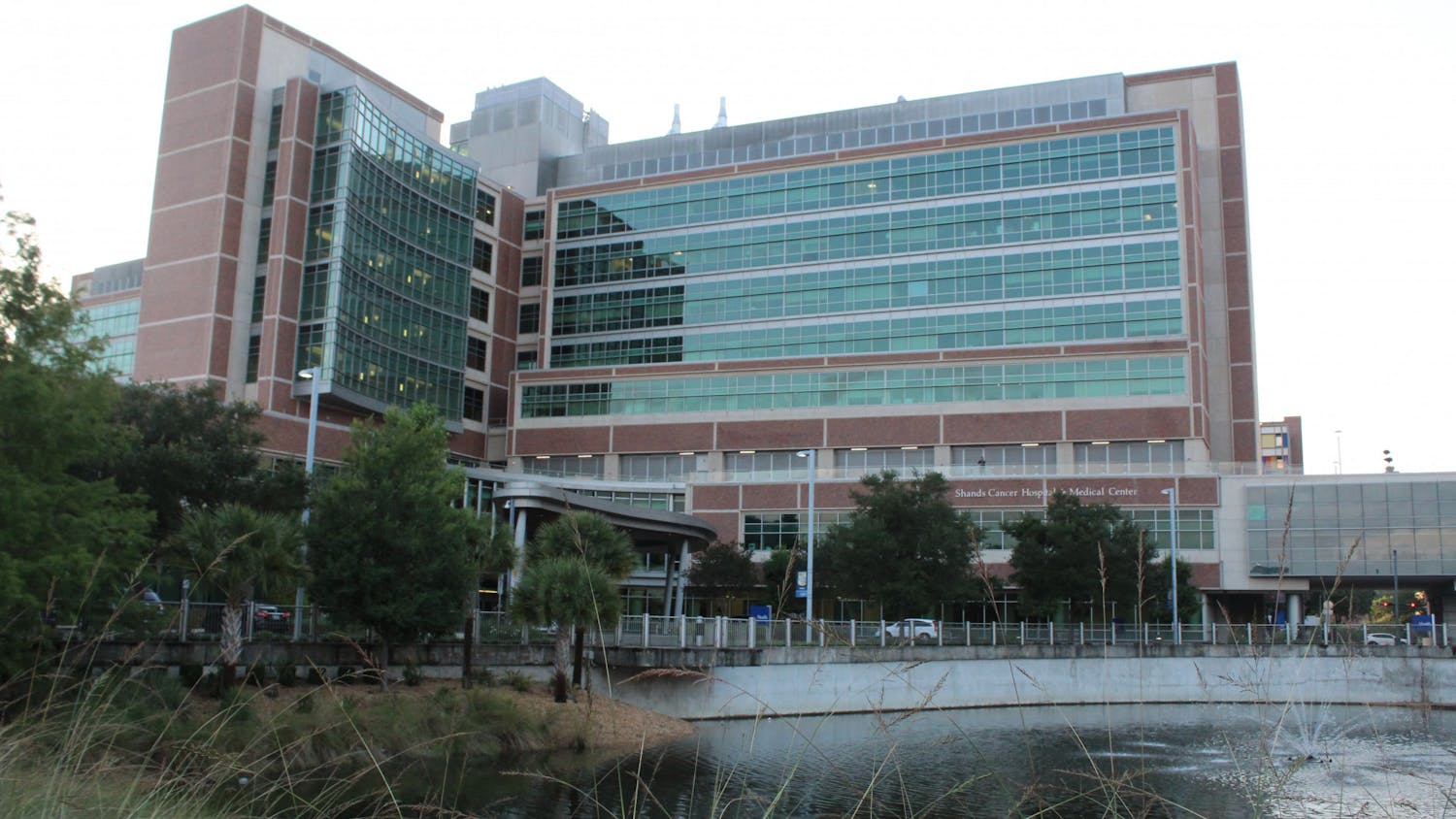UF researchers have found that techniques used to fight cancer in humans were able to treat similar tumors in sea turtles.
A team of experts from the Whitney Laboratory for Marine Bioscience published a study Thursday.
They found that sea turtles infected with a tumor-causing disease called Fibropapillomatosis, or FP, and treated with human anti-cancer drugs had a dramatic reduction of tumor regrowth after having a tumor surgically removed.
“Personally, sea turtles offered me the opportunity to combine my previous zoological and human cancer expertise to conduct research with strong conservation relevance,” said lead researcher of the study, research scientist and assistant professor David Duffy.
Sea turtles are facing numerous human-related environmental pressures, including marine plastic pollution, global warming, habitat destruction, shoreline armoring and poaching, Duffy said.
He said it was vitally important to study FP to combat individual tumors and the disease’s global spread.
The study was conducted by collecting samples of FP tumors as well as tissues without tumors. The RNA from the tissues was extracted and sequenced to identify various genes using computers, Duffy said.
The tissues were compared for differences, ultimately revealing the genes responsible for tumor growth.
Vulnerabilities within the tumors were pinpointed and evaluated to see which anti-cancer drug works best against them.
Duffy said the study showed that the sea turtles’ FP tumors resemble a form of human skin cancer called basal cell carcinoma. He said the same underlying genetic alterations drive both turtle and human cancers.
“I think what Dr. Duffy is doing is really kind of taking this research in a new direction, which is awesome,” said Whitney Marine hospital manager Rachel Thomas. “I really look forward to what he has next for us to work on here.”
In the future, Duffy plans to expand the investigation of FP tumors outside of Florida, study subtypes of the tumor, increase the number of usable anti-cancer drugs and examine the development of different tumor types.
Duffy and his team hope in 10 years there will be a multitude of prognostic tests and medical treatments available to treat a wide range of FP tumors. He also hopes to design preventative interventions to stop the spread of the disease and lessen its impact.
“Sea turtles serve as a warning that, given the wrong combination of virus and environmental triggers, oncogenic diseases can reach pandemic proportions.” Duffy said.
Follow Dana Cassidy on Twitter @danacassidy_ and contact her at dcassidy@alligator.org.





